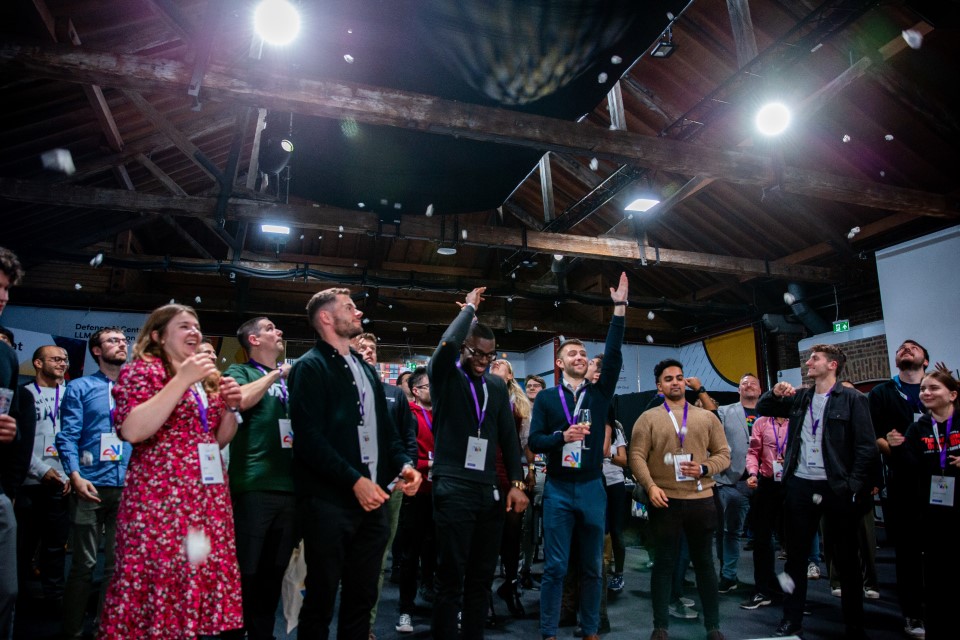Defence Science Technology Laboratory

In June 2023, Dstl and Google Cloud signed a memorandum of understanding (MOU) to accelerate the safe and responsible adoption of artificial intelligence (AI) across the UK defence sector. As part of bringing this agreement to life, Dstl and Google Cloud delivered a Large Language Model (LLM) hackathon on behalf of the Ministry of Defences (MOD) Defence AI Centre (DAIC).
Taking place at Google Next, this world-leading event helped better understand the opportunities and risks of LLMs for UK defence and security.
The hackathon brought together over 200 people to apply Google Clouds cutting-edge generative AI tools to help strengthen UK defence, security and prosperity. 20 teams, stewarded by Google Cloud AI engineers, included Dstl scientists and representatives from the following:
- Royal Navy
- British Army
- Royal Air Force
- Space Command
- MOD policy-makers, ethicists and user researchers
Participants worked for 2 days with Googles latest AI technologies to develop innovative, ethical and user-centred prototypes to add to the growing pipeline of AI innovation ideas created via the MOU.

Image: Google Cloud
Senior HM government leaders and Googles technology leadership formed the judging panel. This included GCHQs Chief Data Scientist, Head of the DAIC, and Google Clouds Vice President of Engineering. They assessed the prototypes for 6 awards, including best technical achievement and most illuminating failure.
A core criteria of every award was alignment to the MODs ethical principles for AI and Google AI Principles.
Winning prototypes ranged from LLM-scanning of cyber security threats to LLM-enabled image analysis supporting predictive maintenance, similar to what Google Cloud have deployed with the US Navy to manage corrosion of ships. These ideas have now been put forward for funding via the Ministry of Defence to further develop proofs of concept and accelerate usable readiness.
Andy Bell, Dstl CTO said:
Dstl and Google Cloud brought together a hugely diverse range of participants on behalf of the MODs newly established DAIC, to learn, experiment and solve real-world defence problems with innovative AI technologies. This hackathon has demonstrated how creative problem-solving can be harnessed to address pressing defence challenges, paving the way for breakthroughs in generative AI for defence applications.
John Abel, Technical Director for Google Cloud said:
This hackathon is the first step in delivering on the recent MOU signed between Dstl and Google Cloud, building on clear synergies between the 2 organisations.
The hackathon served as a powerful example of how collaboration can drive innovation and ultimately benefit the wider AI ecosystem. It also provided valuable educational and training opportunities, helping to foster the next generation of AI
